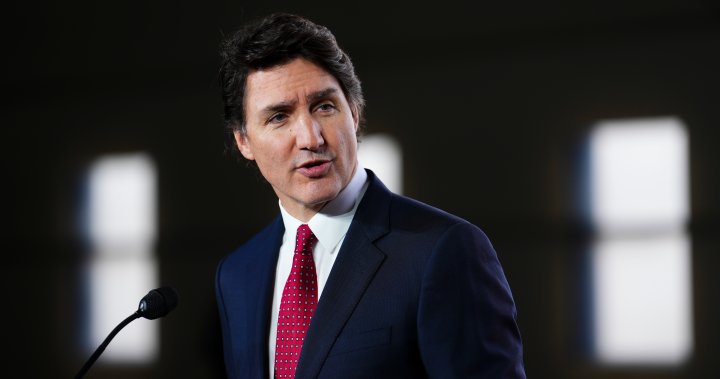Prime Minister Justin Trudeau was made aware in September 2019 of alleged “irregularities” in Han Dong’s nomination in Don Valley North, but a senior Party member advised against taking action based on the intelligence available at the time. The briefing provided to Trudeau by Jeremy Broadhurst, the Liberals’ 2019 campaign manager, occurred 22 days before the 2019 general election and one day before the Liberals could replace Dong as their nominee. The intelligence suggested potential Chinese influence in Dong’s nomination contest, including allegations of buses being used to bring international students to vote in support of Dong. Based on this information, Broadhurst recommended to Trudeau that no action be taken to replace Dong, a suggestion that the Prime Minister ultimately accepted. Dong has since resigned from the Liberal caucus, denied any wrongdoing, and is suing Global News’ parent company over its foreign interference coverage.
Dong’s former campaign manager, Ted Lojko, testified that he was unaware of the busload of international students allegedly being brought in to vote. Dong himself testified that he did not see the use of buses to bring students as an irregularity and believed the bus was arranged by the school. While international students can legally vote in Liberal nominations as long as they can prove they reside in the riding, Dong denied any knowledge of students using falsified documents to vote. In February 2021, the CSIS briefed Trudeau on alleged interference in Dong’s 2019 nomination, years before the information became public. Trudeau had previously endorsed Dong strongly, attributing criticism to anti-Asian racism linked to concerns around loyalty and the pandemic.
The ongoing public inquiry heard that CSIS had intelligence about Chinese international students being bused in to vote in Dong’s 2019 nomination contest. The spy agency’s information did not allege that Dong was aware of China’s efforts to interfere. Trudeau had avoided questions about when he was briefed on the alleged irregularities, with the Prime Minister emphasizing the importance of the ongoing foreign interference commission in addressing challenges to democracy. Trudeau was scheduled to testify at the inquiry along with David Vigneault, the CSIS director, who was called back to discuss new evidence. Dong has been accused of advocating against the early release of two Canadians detained in China, which Clow believed could be cleared with the public release of a classified document from CSIS.
The public inquiry revealed that Trudeau was briefed shortly before the 2019 election day about alleged interference in the Don Valley North nomination race, amid a hard-fought election contest with the Conservatives. Parties have a 21-day window before the vote to remove a name from the ballot, but other options like disavowing a candidate exist if the deadline has passed. Trudeau had initially endorsed Dong despite the allegations, suggesting that anti-Asian racism played a role in the criticism. Dong testified that he advocated for the release of the detained Canadians, although his phone call with a Chinese consular official became a point of contention in the inquiry. The ongoing investigation aims to highlight the challenges to democracy and the solutions needed to safeguard its integrity.
Trudeau’s deputy chief of staff, Brian Clow, argued for the public release of a classified document he believed would clear Dong’s name regarding the alleged advocacy against the release of detainees. Clow wanted the document to provide more facts for Dong to defend himself and for Canadians to know the truth. Dong, however, did not recall the phone call in question but reiterated his support for the early release of the detainees. The inquiry continued to uncover new evidence related to Dong’s nomination and the alleged foreign interference, drawing attention to the complexities and implications of the case. With the Prime Minister and other key players scheduled to testify, the public inquiry seeks to shed light on the events surrounding Dong’s nomination and the broader issues of foreign interference in the Canadian political landscape.


